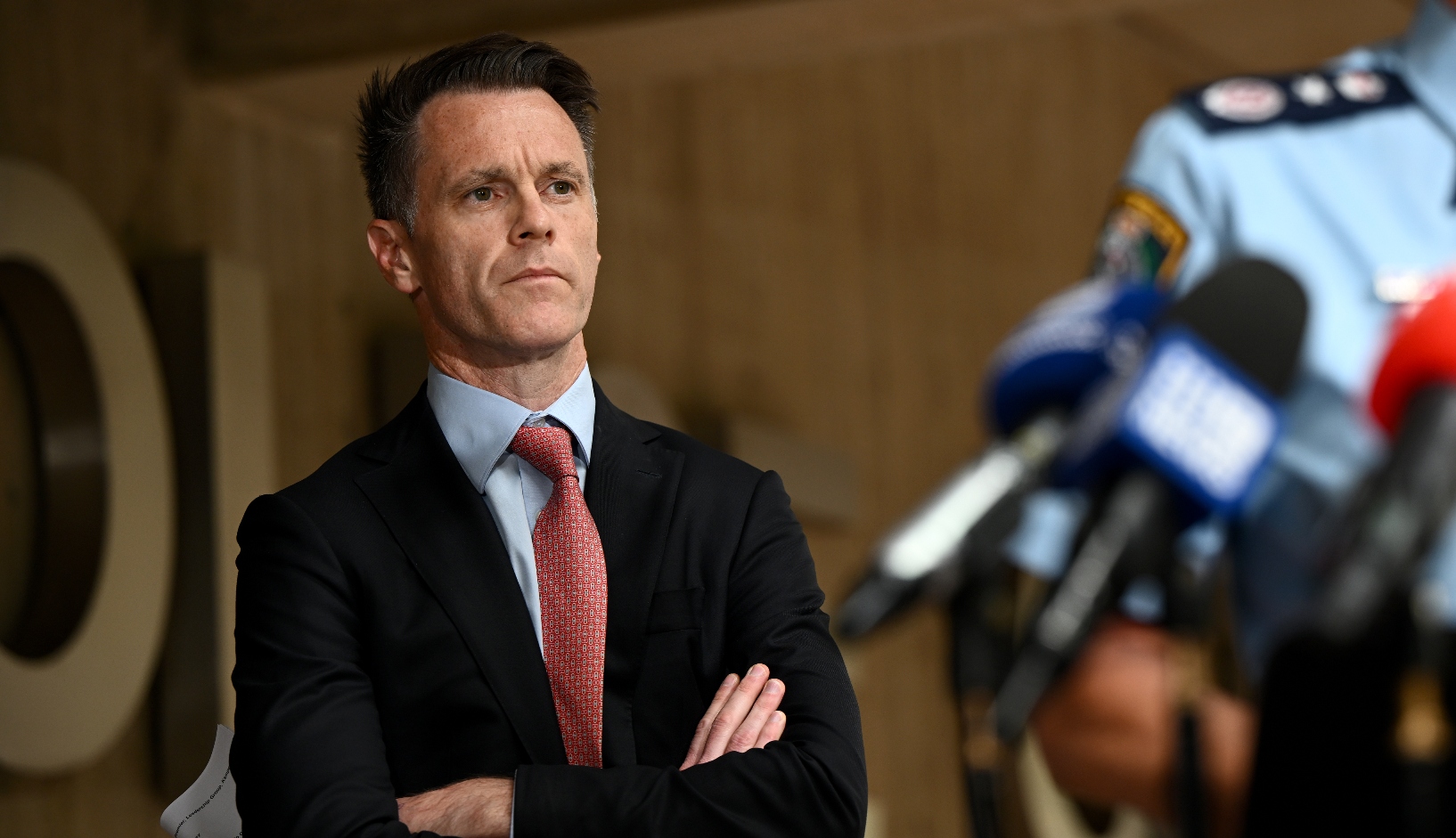
Amalgamation debate continues in the inner west

By Joe Bourke
Council meetings were held across the inner west last week to brief councils on a report into proposed amalgamations.
The Morrison and Low report found inner west councils are struggling with infrastructure backlog.
It said the $150 million savings anticipated by the state government from amalgamations would achieve longer term sustainability but aren’t guaranteed.
Despite heavy local council opposition to amalgamations, Marrickville independent councillor Victor Macri said it could benefit the community.
“In my view, I think it’s a case that needs to be looked at. The system we’re working under now is quite old and I don’t think it’s meeting all the people’s needs that we have in the community, particularly in the situations where we’ve got to deal with state government,” Clr Macri said.
“A smaller council carries less weight when dealing with them and a larger council will be more substantial. They’d be more concerned about the residents because they’re a more united front.”
Marrickville Greens councillor Max Phillips dismissed these claims as “ridiculous” and said the level of democratic representation would fall if councils were to amalgamate.
“Each councillor at the moment represents approximately 6000 people so that means we are accessible; we are accountable to people…” Clr Phillips said.
“The level of democratic represntation would fall, so that’s another consideration the community would need to take into account. Do they like having a local councillor who’s accessible to their needs or do they want something more akin to another MP?”
If the councils were to amalgamate, one councillor would represent approximately 23,000 people, an amount Ashfield Labor councillor Alex Lofts said is too much.
“We have one councillor per 3000 at the moment and… I don’t think the amount of personal contact that people have become used to will be available,” Clr Lofts said.
Clr Macri also said there will be long term financial benefits for councils despite short term pain.
“There are some upfront costs, definitely there are, but when you look at the long range projections in the report, it says council will be $143 million better off. That’s what the report says,” Clr Macri said.
Clr Phillips said although there may be financial benefits, these are far away and he questioned whether the short term implications were worthwhile.
“Overall, maybe ten years down the track once all the transition costs and the cultural costs have been adjusted then there may be some savings or efficiencies, that’s certainly possible.”
“The question is: is that worth the short and medium term pain or reduction in local representation?” Clr Phillips said.
Ashfield Independent councillor Edward Cassidy said apart from management savings, he could see minimal financial benefit from the report.
“There will be huge costs in paying these people out, the ones that were there, huge cost. There would be changed I.T. costs which would be very expensive, there would be a branding cost that would be expensive, and the report told us there would be a disruption in staff morale.” Clr Cassidy said.
Clr Phillips said the Greens are against forced amalgamations, and if there were to be changes they must come from the community.
“The council belongs to the community and if there is to be any change then the community must agree to that change,” Clr Phillips said.
Clr Cassidy, Clr Loft and Clr Phillips said that if the councils were to be amalgamated, a referendum would be essential.
“They should have a referendum at the state election saying to people ‘do you want large councils, or do you want councils to amalgamate, yes or no?’ But they’re not going to do that because they know they’re not going to get the feedback they want,” Clr Loft said.
In recent years, a number of areas de-amalgamated in Victoria and Queensland, and a report into the benefits and losses of amalgamations was recently released in Western Australia for the city of Subiaco.
Clr Loft said this means the case needs to be proven explicitly and Clr Phillips said amalgamations “seem to happen in cycles.”
“Councils get amalgamated and then de-amalgamted every sort of ten years or so,” Clr Phillips said.
“The question is are you better off concentrating on real issues that matter to people or these managerial changes where the benefits are not really clear?”
Clr Macri said that amalgamations would help streamline the council decision making process.
“What I’m getting from people is basically that they feel we’re over governed – over regulated,” Clr Macri said.
“There’s too many levels of government and they’re paying for too many people making the same decisions, and it gets so expensive.”









